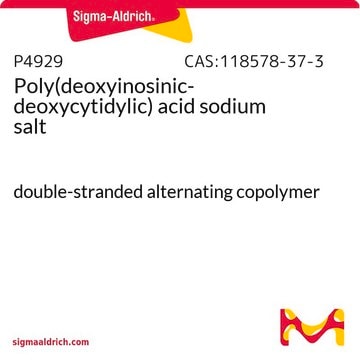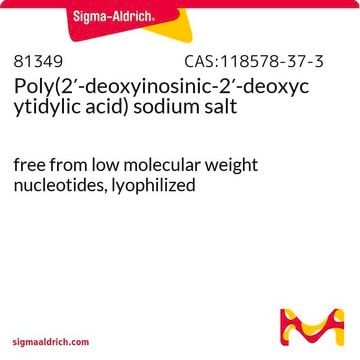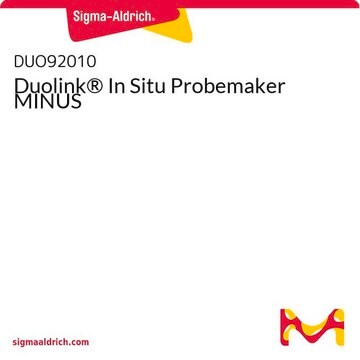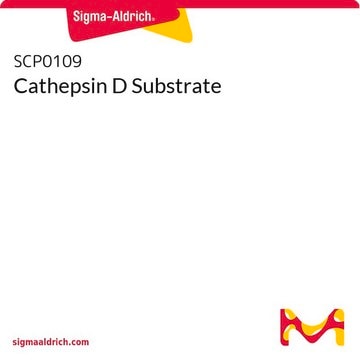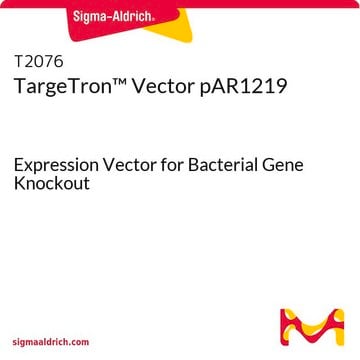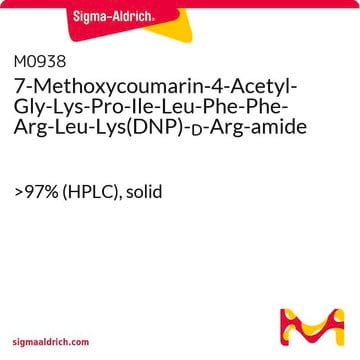OGS38
PSF-SP6 - SP6 PROMOTER PLASMID
plasmid vector for molecular cloning
Synonyme(s) :
cloning vector, expression vector, molecular cloning vector, plasmid, plasmid vector, snapfast vector, vector
About This Item
Produits recommandés
Forme
buffered aqueous solution
Poids mol.
size 3862 bp
Sélection de bactéries
kanamycin
Origine de la réplication
pUC (500 copies)
Clivage des peptides
no cleavage
Gène reporter
none
Conditions d'expédition
ambient
Température de stockage
−20°C
Description générale
Promoter Expression Level:
Application
Multiple cloning site notes: There are a few important sites within the MCS. These include the NcoI site the XbaI site and the BsgI and BseRI sites. The NcoI site contains a start codon that is immediately downstream of both a Kozak and Shine-Dalgarno ribosomal binding site. These allow for optimal positioning of genes when the start codon is placed in this location. If this is not required and you wish to use a downstream site for gene cloning you can remove the NcoI site by cleaving the plasmid with KpnI.
The XbaI site contains a stop codon. This stop codon is positioned in a specific position in relation to the BsgI and BseRI sites that are immediately downstream. When either BseRI or BsgI cleave the plasmid they produce a TA overhang from the stop codon in the XbaI site that is compatible with all of our peptide tag plasmids cut with the same sites. BseRI and BsgI sites are non-palindromic and cleave a defined number of bases away from their binding site.
Whenever we clone a gene into our multiple cloning site we always position the start and stop codon in the same positions in the MCS. If the start and ends of the genes are not compatible with NcoI and XbaI we extend the sequence to the nearest external sites but keep the start and stop codons locations consistent.
Séquence
Remarque sur l'analyse
Produit(s) apparenté(s)
Code de la classe de stockage
12 - Non Combustible Liquids
Point d'éclair (°F)
Not applicable
Point d'éclair (°C)
Not applicable
Certificats d'analyse (COA)
Recherchez un Certificats d'analyse (COA) en saisissant le numéro de lot du produit. Les numéros de lot figurent sur l'étiquette du produit après les mots "Lot" ou "Batch".
Déjà en possession de ce produit ?
Retrouvez la documentation relative aux produits que vous avez récemment achetés dans la Bibliothèque de documents.
Notre équipe de scientifiques dispose d'une expérience dans tous les secteurs de la recherche, notamment en sciences de la vie, science des matériaux, synthèse chimique, chromatographie, analyse et dans de nombreux autres domaines..
Contacter notre Service technique
